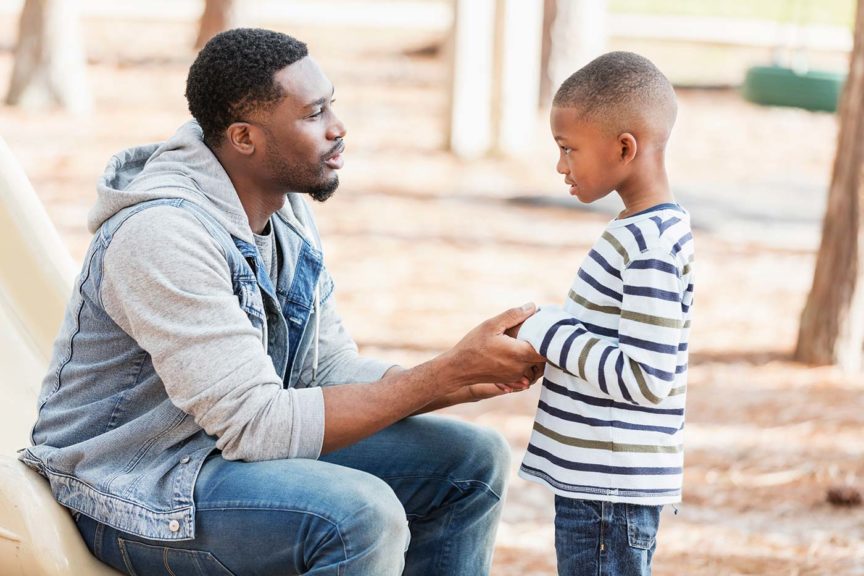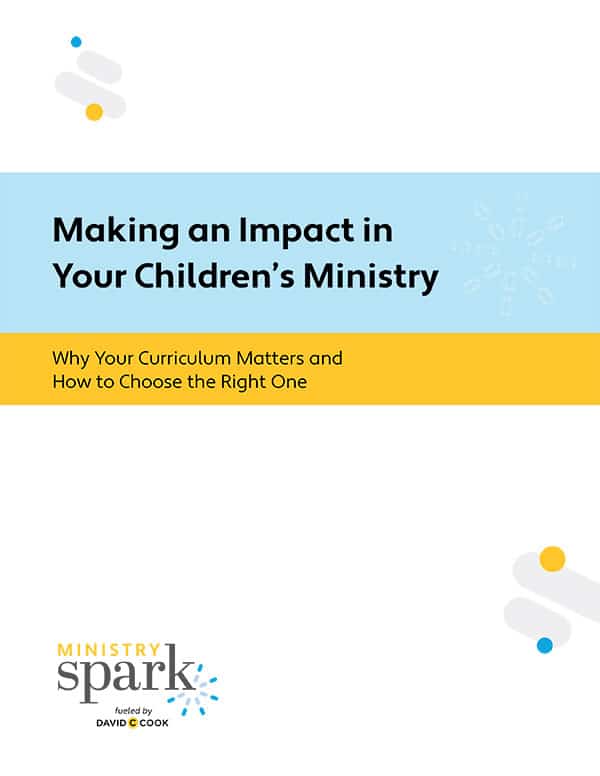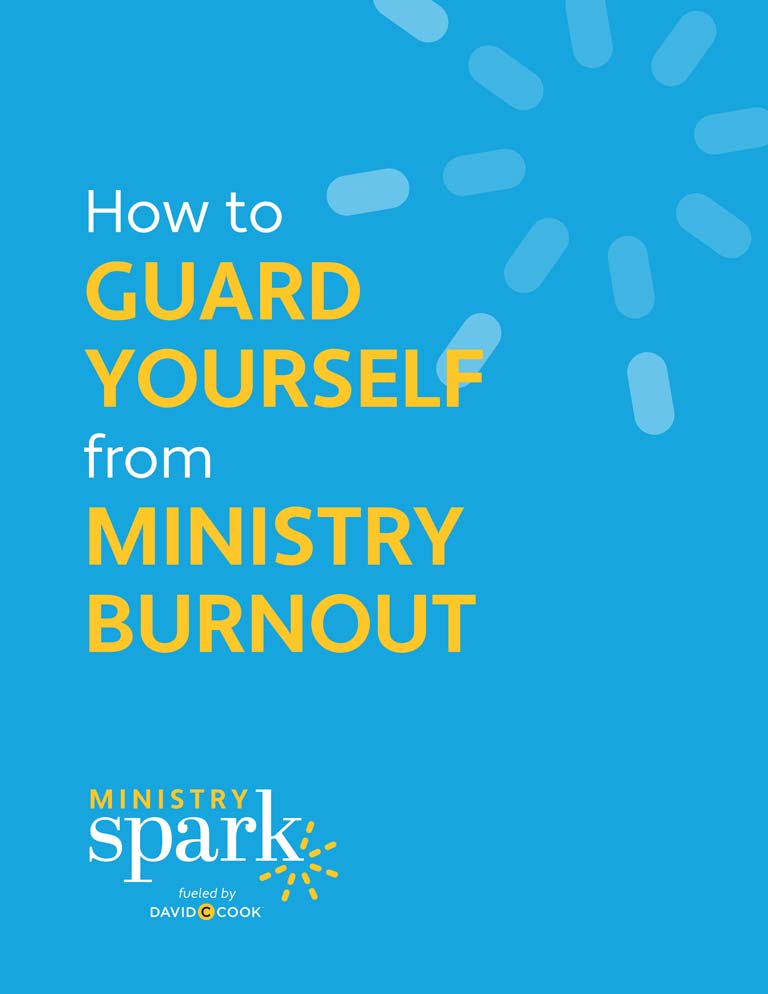In one weekend, I learned everything I could ever want to know about online gaming—from an 8-year-old. After sharing his name, his grade, and what school he goes to, he immediately followed it up by telling me he’s a gamer. He went on to tell me how many hours he commits to gaming every week. He shared what games he plays, and even admitted that sometimes he sneaks downstairs to play games before his parents wake up.
To be literate in something means you have competence or knowledge in that subject area.
You could call him gaming literate. To be literate in something means you have competence or knowledge in that subject area. One scholar coined the phrase “video game literacy” in relation to the way video games—much like books—relate to social practice, meaning-making of the world and situations, and general learning.
Why are some kids so literate in gaming, and alternatively not so literate in God’s Word? How do we make disciples who lead conversations using identities such as “I’m a Christ follower” and then go on to tell us how many hours they spend in God’s Word? Do they include what they are currently reading? Admit they read their Bible with a flashlight under the covers? Do they love God’s Word?

Study Results
Biblical literacy relates to the ability and motivation to read the Bible with understanding to be able to explain the basic meaning. It has steadily been on the decline. A Barna study released in July 2020 indicated that only 9% of Americans use their Bible daily. This is a major indicator of biblical literacy.
The traditional definition of literacy, regarding the ability to read and write, applied to the recent test scores of American 8th graders, shows that even kids’ ability to read and write is declining. Our world continuously relies on gathering information through short posts or articles, visual photos, games, or auditory podcasts. How do we help kids to love the written word even when it may feel far beyond their attention and comprehension level?
Biblical literacy relates to the ability and motivation to read the Bible with understanding in order to be able to explain the basic meaning.
Start in the Right Place
Building biblical literacy and a desire for it starts with the Bible. We start with God’s Story, which will reveal to them who God is and what He has done. This will help kids develop a theology, a systematic study of God that only comes from His Word.
When they know who their Creator is, it gives kids an identity, informing who they are. Knowing who they are will form certain beliefs about the world around them. It will integrate Scripture and make it relevant to them. Those beliefs will drive their behaviors, which are the application of the words they read or heard in the Bible, processed through the lens of theology, identity, and belief.
As those behaviors bring about positive change, they will return to the Word that began those results. This is a properly ordered development of Bbiblical literacy. Beginning with behaviors, everything rises and falls on their feelings and outcomes.
Parents and Kids
When we start in the right place, they always have a truth that stands. I recommend parents read a book of the Bible together, and wonder together:
- What does this Scripture say about God?
- What does this Scripture mean about who God created me to be?
- What does this change or support about what I believe?
- What will I do about it?
Believe It Yourself
Do you believe that the living Word of God has the power to change lives? Do you believe it has answers for us? Is the Bible an accessory to your clever lessons and programming, or did you start with the Bible and allow the power of the Gospel to lead the outcomes? When kids hear a lesson or leave your ministry, will they love you, your ministry, or Jesus and God’s Word most?
There is nothing wrong with kids enjoying your ministry. Ultimately, when they come to a place in life when they need hope, their ability to find it in God’s Word will be very important.
If you believe that God’s Word is THE thing that has the power to change lives, then you will start every lesson, If you believe that God’s Word is THE thing that has the power to change lives, then you will start every lesson and every moment of planning your time with kids with the thought of “How will I turn kids back to God’s Word?”
When planning a lesson:
- Read the Scripture first, multiple times, all the way through. Even if it’s a part of The Big God Story you feel familiar with. Believe that a living and active Word might have new revelation for you.
- Measure your own literacy around the passage. Who was it written for? What did it mean to them? What does it teach you about God? What does it say to a modern audience?
- Write out those truths, base your lesson around the truth about God and the meaning of the passage. The clever illustrations should follow, not lead the lesson or programming.
Be Generous to Their Parents
My kids all run competitively. They spend a lot of time running, and as a family we invest resources into helping them succeed at running. It probably won’t surprise you to hear that my husband and I were competitive runners. We really enjoy watching our kids enjoy the same thing that brought us joy.
This analogy holds true for so many other things in our kids’ lives too. They love the things they see the people they love loving. But it’s hard to love and enjoy something you feel inadequate at. If the statistics mentioned earlier are true, the parents and adults in your church may not feel like they have obtained biblical literacy. The idea of teaching that to their kids might sound scary and defeating.
Equip Parents
Being generous to parents means giving them all the tools and words they need to be the experts in front of their kids. Show them where to find answers in their Bibles, so they can lead their kids to find answers. Tell them why the different elements of your lessons are important, so they can lead their kids well. Help them with spiritual parenting.

Assume they don’t know the answers—not because they aren’t great parents, but because giving them explanations, tools, and resources to teach their kids ways to discover God’s Word together will give them the space to experience God’s Word with joy and delight which will transfer to their kids.
Tools for Parents
- Assume parents learned something during the sermon. Encourage the kids in your ministry to ask their parents what they learned at church today.
- Give parents the explanations of why you do things the way you do. This will help them rethink why they do certain things at home as well.
- Include verse references in at-home materials, add links to digital Bible resources, and show them where to get answers with and for their kids. Don’t assume they know where to find the same resources you are using.
If we believe together that God’s Word is worth studying and knowing, and a generation of kids who know and love God’s Word will change the world, then biblical literacy will matter to us and to the kids and families we minister to.
Being generous to parents means giving them all the tools and words they need to be the experts in front of their kids.
Development of the ability and motivation to read and understand God’s Word is worth every minute we invest in families. It will multiply in the minutes and hours of kids’ lives for years to come.

Making an Impact in Your Children’s Ministry
This guide was created to help you dive into some of the topics facing your ministries today and lead into why your curriculum matters and how to choose the right one depending on your needs.

How to Guard Yourself from Ministry Burnout












